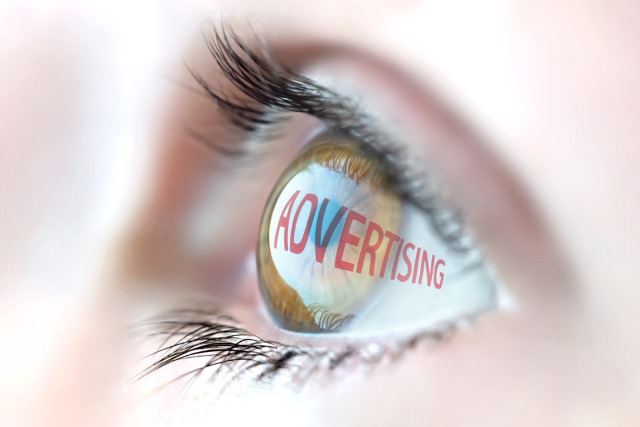
Facebook Messenger is now able to pump ads into your eyeballs
Facebook, like Google, is all about the ads. Not content with filling newsfeeds with advertising, Facebook Messenger -- already something of a privacy nightmare -- is about to become home to 'sponsored messages'. Ads by another name.
The new ad formats follow on from newsfeed data designed to direct Facebook users to Messenger, and from there the idea is to drive brand awareness and increase sales. But as with other advertising on Facebook, ads are targeted, meaning there is more than a slight degree of concern when it comes to privacy.
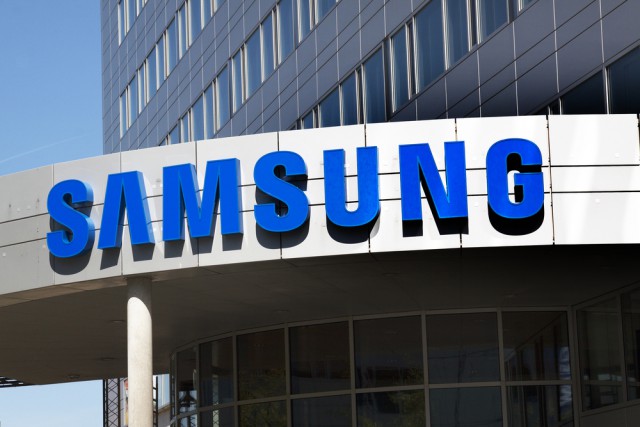
Samsung uses full-page newspaper ads to say it is 'truly sorry' for the Note7 fiasco
Just when you thought the Samsung Galaxy Note7 saga was over, there's a new twist. The Korean smartphone manufacturer placed a full-page ad in US newspapers yesterday, apologizing to customers for the problematic handset.
The ad appeared in the Wall Street Journal, the New York Times and the Washington Post and the company says it is "truly sorry" for failing to deliver "best-in-class safety and quality".

How to block Windows 10 popups for Microsoft Edge and Bing Rewards
Just the other day users started to notice that Microsoft was using Windows 10 to push ads for its Edge browser. Already riled by ads for Windows 10 itself and the appearance of app ads in the Start menu, people were soon asking how to stop the unwanted popups.
One suggestion that started doing the round was that simply unpinning Microsoft Edge from the taskbar does the job -- but it doesn’t seem to work for everyone. Here are a few more things you can do to prevent the appearance of Microsoft's ads.

Adblock Plus gets its panties in a bunch over 'crazy accusations'
Online advertising is a divisive issue, and one that sees many people turning to ad blockers to improve their online experience. The biggest name in the business is Adblock Plus which has come under fire in recent months for its Acceptable Ads program that allows certain ads to be whitelisted.
The company behind Adblock Plus, Eyeo, today published an extraordinary blog post in which it attacks "crazy accusations" made about it and its program. Introduced in the format of an election-style fact checker, the post from Ben Williams drips with barely disguised fury at what are described as "slants, spins and downright lies".

Facebook denies its targeted advertising is racist
Earlier today we reported about allegations from ProPublica that Facebook is engaged in what appears to be racist ad targeting by excluding based on 'ethnic affinity'. Facebook, predictably, refutes these claims.
Firing up full-on defensive mode, Facebook says that its users benefit from targeted content that is more relevant to them. To use the company's marketing spiel, this is "especially critical for people who choose to affiliate with ethnic communities". Far from being racist, this exclusion targeting technique is actually used to avoid causing offense, says Facebook.

Facebook accused of using racist 'ethnic affinity' ad targeting
Advertisers on Facebook are being given the opportunity to exclude people of certain ethnicities from seeing their ads. This is the accusation made in a new report by ProPublica, and it's a feature that -- if true -- would be both racist and illegal.
Just as for Google, advertising is big business for Facebook, and the social networking giant is keen to give advertisers all of the tools they need to ensure the maximum return on their investments. But the revelation that the audience for ads can be targeted by excluding those with a particular 'ethnic affinity' is more than a little disturbing.
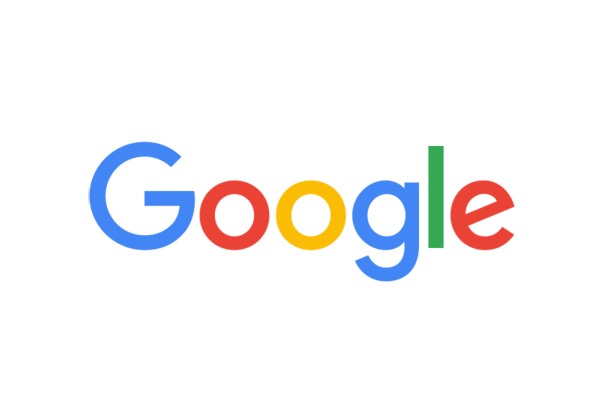
Google's updated privacy policy means personally identifiable ad tracking is now go, go, go!
That Google encroaches on user privacy is not a startling revelation by any stretch of the imagination. But a recent change to the company's Privacy Policy means that information from DoubleClick ads can now be used to identify individuals and track them online.
The changes to the policy have not been hidden -- the details and alterations are visible in an archived copy of the document -- but it has not been advertised either. The implications of the change are huge. Since purchasing DoubleClick back in 2007, Google kept identifiable user data separate from anonymized ad tracking. This is no longer the case.

Germany tells Tesla to stop using 'misleading' Autopilot term
The German government has labeled Tesla's use of the Autopilot name to describe its assisted driving technology "misleading" and asked the US car maker to stop using it in advertisements. The system is not currently completely autonomous, as it requires driver supervision, based on SAE standards.
"In order to prevent misunderstanding and incorrect customers’ expectations, we demand that the misleading term 'autopilot' is no longer used in advertising the system", says German transport minister Alexander Dobrindt. "Autopilot is a pure driver assistance program, and not a highly automated vehicle that can be operated without constant attention of the driver".
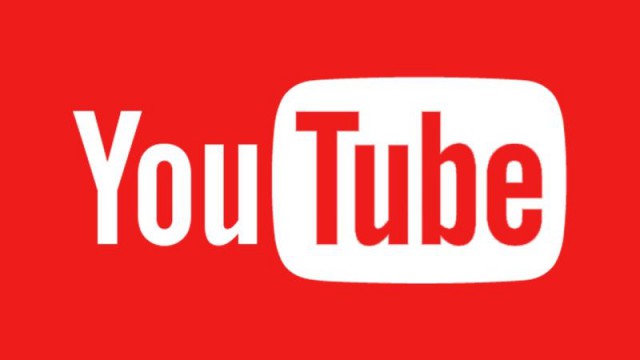
YouTube makes it easier to create video ads
YouTube has announced a new platform which will make creating video ads for the site easier. The number of visits, as well as visit duration, have gone up lately, and the company wants to cash in on the momentum. The new offering is called YouTube Director -- a solution to help businesses create a professionally-looking ad in no time.
There are two ways to do it: the YouTube Director for Business app and the YouTube Director onsite service. The former, free and currently only available in iOS, helps businesses create an ad through a custom template. With a step-by-step walkthrough, the app will "help the business understand not only what to film, but what to say and when".

New York Times endorses Hillary Clinton for president, but sexist online ad taints it
The New York Times is one of the most respected news publications. Yeah, some folks call it a liberal propaganda tool, but I disagree with that stereotype. While the paper does tend to lean left, ultimately, it is based on common sense and forward-thinking.
Today, the aforementioned paper endorses Hillary Clinton. While this was totally expected, it is still historic. Why? Because it is backing the first-ever female candidate for president that is representing a major party. When I clicked the link for the article, I was excited to read it -- I have many women in my family, and it made me proud. Unfortunately, my pride quickly turned to disappointment and shame. There, in the middle of the endorsement, was an online advertisement featuring an almost naked woman.

Facebook massively miscalculated video viewing figures for two years
The social networking giant has managed to attract the ire of advertisers after it revealed that it overestimated video viewing figures for two years. A flaw in the tool used to measure the number of views meant that figures relating to video viewing times were inflated by between 60 and 80 percent.
Just how long people spend watching videos is important information for advertisers, but Facebook managed to miscalculate average viewing times by ignoring views lasting under three seconds. With so much of Facebook's incoming revenue derived from advertising, and the importance the company places on video, the snafu is an embarrassing one that advertisers will take some time to forget.
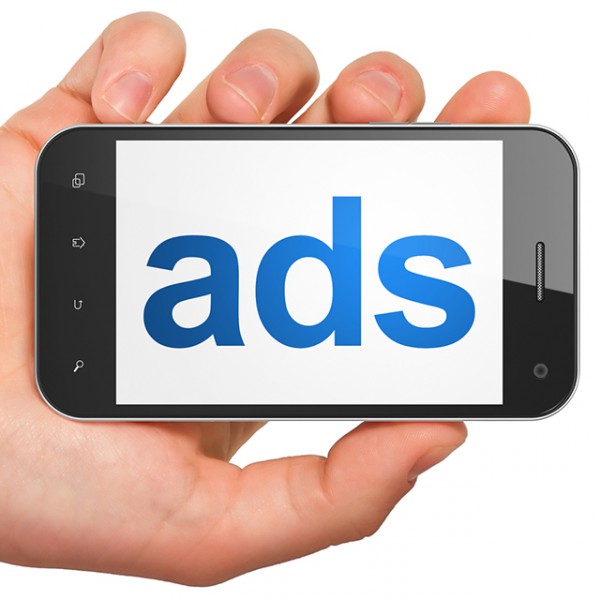
Ads drive most Internet traffic in Europe
With all the buzz and fuss over ad blockers and how they hurt the internet we know today, it's interesting to see just how much traffic these ads actually drive. As it turns out, more than you'd expect. According to a new report by Adobe Digital Insights, more than two thirds (68 percent) of all European traffic is driven by ads. General traffic is also growing. In Europe, more than half (54 percent) of sites grew their traffic in the last three years.
Also, mobile advertising is catching up. Personal advertising, an ads strategy which seems to be working quite nicely, is not as popular in Europe as it is in the States, the same report says. Personalized ads, such as direct emails or social advertising, accounted for 36 percent of new traffic for growing U.S. websites. In Europe, that percentage is at eight.

Adblock Plus introduces new platform to increase Acceptable Ads’ transparency
It has been difficult to ignore the issue of online ads recently. Facebook’s approach to ads has been in the news in particular, but the battle between advertisers and ad blockers is one that has rumbled on for some time -- and looks set to continue to do so. At the forefront of ad blocking is Adblock Plus, and the company has just announced a new ad platform that aims to deliver ads that will not irritate internet users too much.
Acceptable Ads is an idea that has been bounced around for a while now, but today it has been relaunched as a completely new platform -- the Acceptable Ads Platform, funnily enough. It has two primary directives: to increase the transparency of Acceptable Ads, and to provide website creators with easy access to a database of pre-whitelisted ads that they can use to monetize their sites.
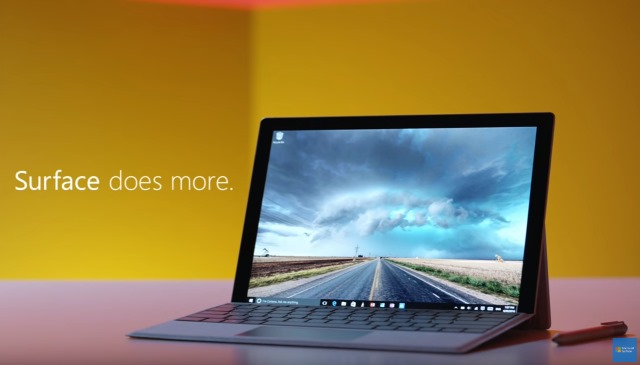
With its new Surface Pro 4 vs MacBook Air ad, Microsoft just looks pathetic
For a little while now Microsoft's ad campaigns have been less about highlighting its own products, but a vehicle for knocking others'. It's something we've seen numerous times with the company's Surface ads, and now there's another one.
This time around we see the Surface Pro 4 compared to a MacBook Air. Microsoft says the former is better than the latter because it has a pen. Oh, and a detachable keyboard. But the tone of the ad is just so ridiculous, it serves only to make Microsoft look pathetic.
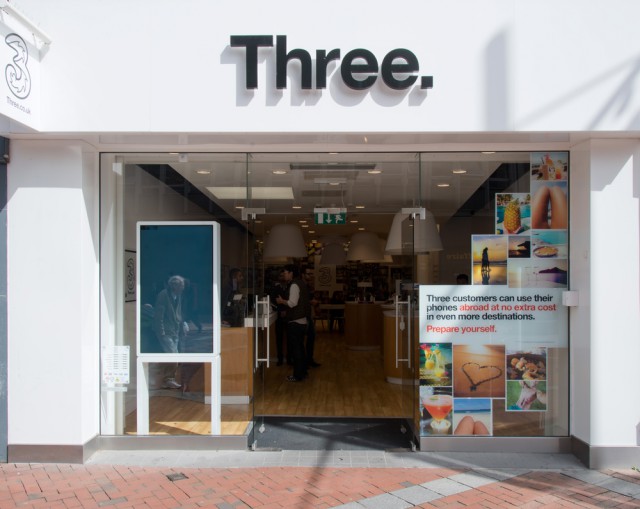
Three will continue with ad-blocking plan in 2017
UK carrier Three is committed to its plan to offer ad-blocking for customers using its network at some point in 2017, despite opposition from the EU.
In May, the carrrier first revealed its plan to block mobile ads for its customers for the entirety of one day in June. Three is of the belief that its users should not be forced to use their mobile data to display ads which are irrelevant to them and often invade their privacy.